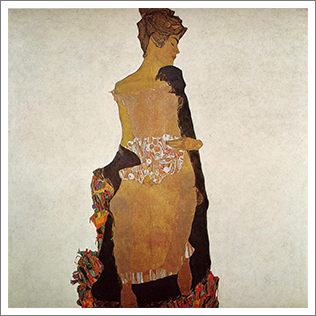Journal clubs, ranked from worst to best
• 7 March 2022 •
One of the most difficult tasks for an academic is to know the literature. Most labs run some kind of literature discussion, which are usually referred to as “journal clubs” in biology. We tested several variants when I created my lab in 2012 and we have learned a good deal about what works and what does not. So here is my personal view on the different types of journal clubs, from worst to best.
5. Online discussion forum
Live meetings have several disadvantages: they disrupt the workflow of experiments, there are no records, and some people speak too much. I reasoned that a good way of addressing all this would be to put up an online forum where we could upload a paper and share our thoughts. I invited all the ~300 researchers of the institute to participate with the plan to go to social media if it gained momentum.

That did not work at all. We never got past the first paper, which had only one comment (mine). It was not appealing at all to formalize your thoughts in...
 When I established my lab and started to recruit people, I thought that it would be interesting to gather some information about what makes a good or a bad scientist. To this end, I designed a short questionnaire with eight questions. There was no right or wrong, nor even a preferred answer. Those were just questions to help me know the candidates better.
When I established my lab and started to recruit people, I thought that it would be interesting to gather some information about what makes a good or a bad scientist. To this end, I designed a short questionnaire with eight questions. There was no right or wrong, nor even a preferred answer. Those were just questions to help me know the candidates better. Scientific models are more of an art than a science. It is much easier to recognize a good scientific model than to make one of our own. Like for an art, the best way to learn is to look at the work from the masters and take inspiration from them. One of the crown jewels of modern science is undoubtedly Darwin’s Theory of Evolution. I recently realized that I had no idea how Darwin stood against creationism and how he defended his view in regard of the doxa of his time. Digging into this topic turned out to be one the most important lessons I learned about the scientific method... and the lack of it.
Scientific models are more of an art than a science. It is much easier to recognize a good scientific model than to make one of our own. Like for an art, the best way to learn is to look at the work from the masters and take inspiration from them. One of the crown jewels of modern science is undoubtedly Darwin’s Theory of Evolution. I recently realized that I had no idea how Darwin stood against creationism and how he defended his view in regard of the doxa of his time. Digging into this topic turned out to be one the most important lessons I learned about the scientific method... and the lack of it.